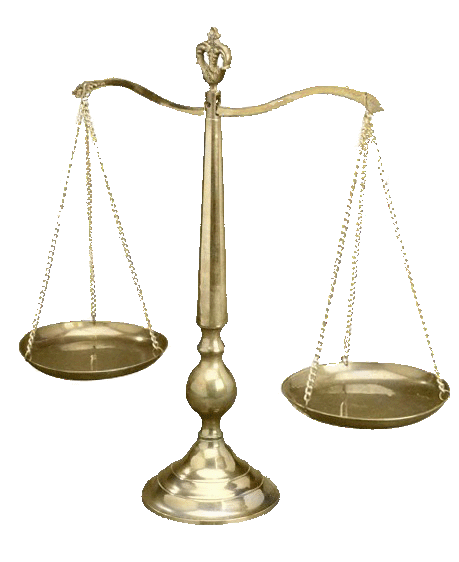What To Do First If You Are Arrested For DWI?
It is important to understand that an arrest for DWI triggers two separate cases, the first case is with the New Mexico Motor Vehicle Department, and the second is your criminal case. Because of this, there are some important things that you must do to preserve your rights in both your Motor Vehicle Department case and your criminal case. Within 10 days of your arrest, you must submit a written request for an administrative hearing regarding the revocation of your driver’s license with MVD.
Your failure to do so will result in the automatic loss of your driver’s license. There are also important deadlines regarding your criminal case, such as a 10-day deadline to excuse your assigned Judge, and a 10-day deadline to request a jury trial in some cases. It is therefore of utmost importance to immediately contact legal counsel, and file a request for an administrative hearing with New Mexico’s Motor Vehicle Department.
BREATHALYZER TEST RESULTS IN A DWI CASE
New Mexico Implied Consent Act:
Under New Mexico DWI laws, drivers in the state agree (by getting their drivers license) to submit to chemical testing that will reveal the alcohol content in their bloods if they are suspected of drunk driving. If a driver refuses to undergo chemical testing, the police officer has the right to take the driver’s license. The driver receives a notice of revocation stating that the license will be suspended. The driver can request an administrative hearing with the MVD to dispute the license suspension while his case is pending.
Weighing the Consequences of Refusing a Breath Test:
Even though the Implied Consent Act applies to drivers in New Mexico, you do not have to take a breath test. When you don’t submit to the breath or blood test, there is a strong probability the MVD will revoke your driver’s license for 1 year. You can contest this action during an administrative hearing. Refusing to take the test also means that the state prosecutor will not be able to submit the test results as evidence during a DWI trial. If the prosecutor is able to present other types of evidence that sufficiently prove you were intoxicated then you could face aggravated DWI charges.
Defenses to Breath Test Results in Drunk Driving Case:
There are ways to question the validity or reliability of unfavorable breath test results. We speak closely with our clients to discuss what occurred during the arrest. We evaluate the facts of the case and thoroughly review all of the evidence that will be presented by the state. Certain breath test weaknesses we investigate are:
- If the police officer properly administered the breath test
- If the equipment was correctly calibrated to give accurate results
- If the driver has any health conditions or issues that could have affected the accuracy of the test
- If the equipment was properly maintained and didn’t malfunction
THE ROLE OF PROBATION IN DUI SENTENCING
New Mexico includes a probationary period as part of DWI sentencing in order to supervise the actions of people convicted of DWI. Montrose wants you to know that time spent on probation is very constrictive. Failure to comply with the court’s orders can result in stricter probationary terms. We work diligently for our clients in order to reduce the severity of the conditions of probation. We also devote a lot of time explaining the probation terms and answering any of our clients’ questions so that they don’t inadvertently violate their probation.
The Purpose Probation Serves in Drunk Driving Sentencing
Probation is a period of time when the driver has to follow the rules set by the court. The rules are a way for the court to closely monitor the driver’s behavior. Basically, the terms of the probation can be inconvenient, costly, and time consuming to serve as a deterrent to prevent the driver from committing another criminal offense.
Terms of Probation in DWI Sentencing
Even if drivers don’t have to spend time in jail as part of their DWI conviction, they usually have to go on probation as part of their sentencing. Typically, probation involves:
- Maintaining regular contact with the assigned probation officer
- Alcohol abuse screening
- Community service
- Participating in an alcohol abuse treatment program
- Use of an ignition interlock device in vehicle for at least 1 year
Consequences of Violating Probation
When a person convicted of DWI violates any part of his probation, it could incur serious consequences with the court. The court reviews exactly what occurred, the extent of the driver’s prior compliance with court orders, and the driver’s previous criminal convictions when deciding how to address a probation violation. Some of the punishments that could happen after violating probation are:
- Being charged with additional criminal offenses
- Lengthening the amount of time of the driver’s license suspension
- Serving jail time

Get your questions answered - call us for your free, 20 min phone consultation (575) 589-1055

